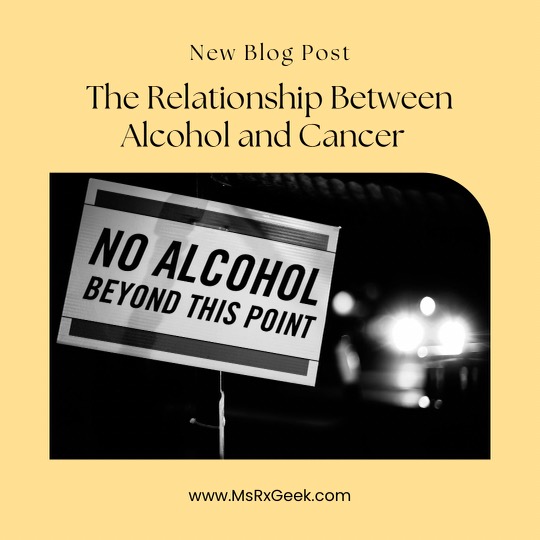Alcohol is a widely consumed beverage, but its relationship with cancer is a complex and controversial issue. Scientific evidence has shown that heavy and long-term alcohol consumption is associated with an increased risk of certain types of cancer. Here, we will discuss the effects of alcohol on cancer and the mechanisms by which alcohol may contribute to the development of this disease.
- Increased cancer risk: Heavy and long-term alcohol consumption has been linked to an increased risk of several types of cancer, including breast, liver, colorectal, oral, esophageal, and laryngeal cancer. The more alcohol a person drinks, the greater their risk of developing cancer.
- Tramadol 50 Mg Buy Metabolic changes: Alcohol is metabolized in the liver, and the process of breaking down alcohol creates toxic by-products that can damage DNA and other cellular structures. These changes can lead to mutations and the development of cancer.
- Hormonal changes: Alcohol can disrupt the balance of hormones in the body, which can lead to the development of certain types of cancer. For example, excessive alcohol consumption has been linked to an increased risk of breast cancer in women due to the way that alcohol affects hormone levels.
- Immune suppression: Alcohol can suppress the immune system, which can make it more difficult for the body to fight cancer. Additionally, alcohol can increase inflammation, which can contribute to the development of cancer.
- Nutrient deficiencies: Heavy alcohol consumption can lead to nutrient deficiencies, which can increase the risk of cancer. For example, alcohol interferes with the absorption of folic acid, a B-vitamin that is important for maintaining healthy cells. A lack of folic acid can increase the risk of developing cancer.
It is important to note that not all types of alcohol have the same effect on cancer risk. For example, red wine contains antioxidants that may have protective effects against certain types of cancer. However, the benefits of red wine are not enough to outweigh the increased cancer risk associated with heavy alcohol consumption.
In conclusion, the relationship between alcohol and cancer is complex, and the evidence suggests that heavy and long-term alcohol consumption can increase the risk of developing certain types of cancer. To reduce the risk of cancer, it is recommended that individuals limit their alcohol consumption and follow a healthy lifestyle, including a balanced diet and regular physical activity. If you are concerned about your alcohol consumption and its effects on your health, it is important to speak with your doctor.

